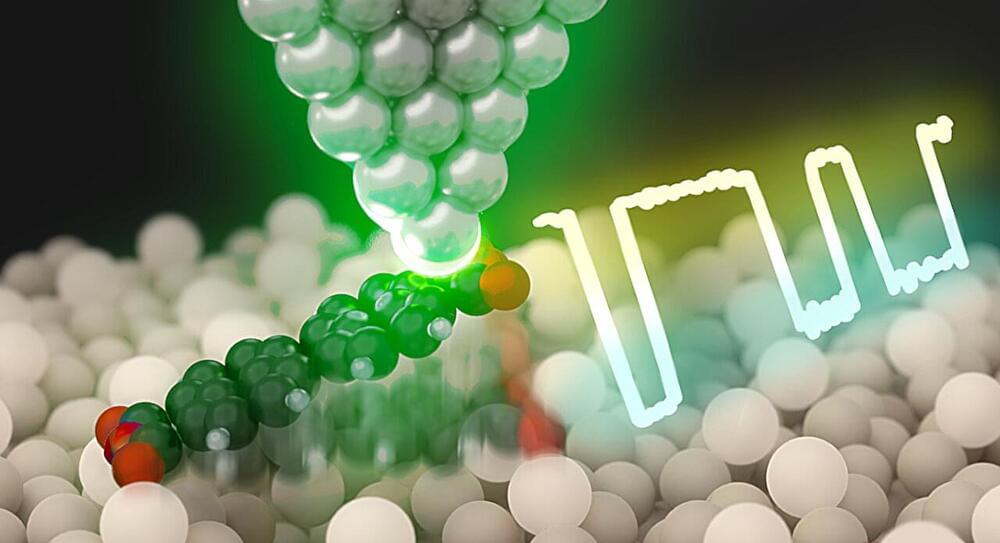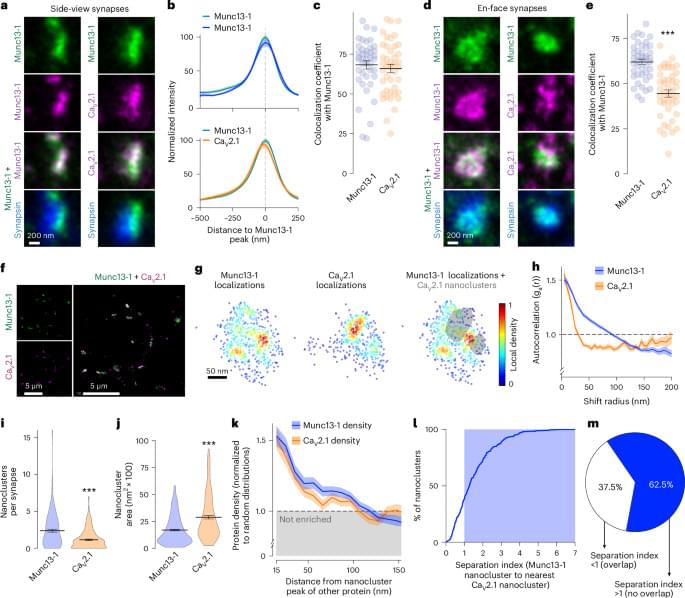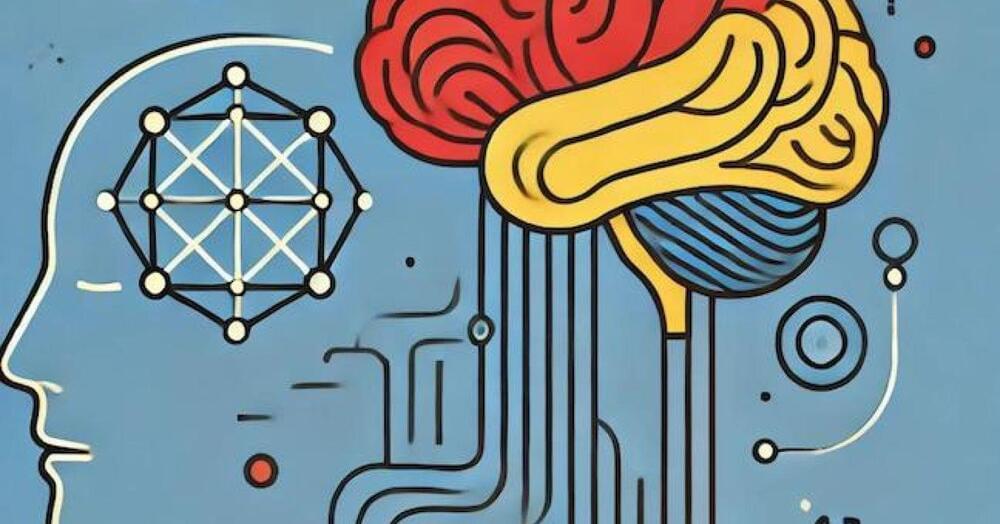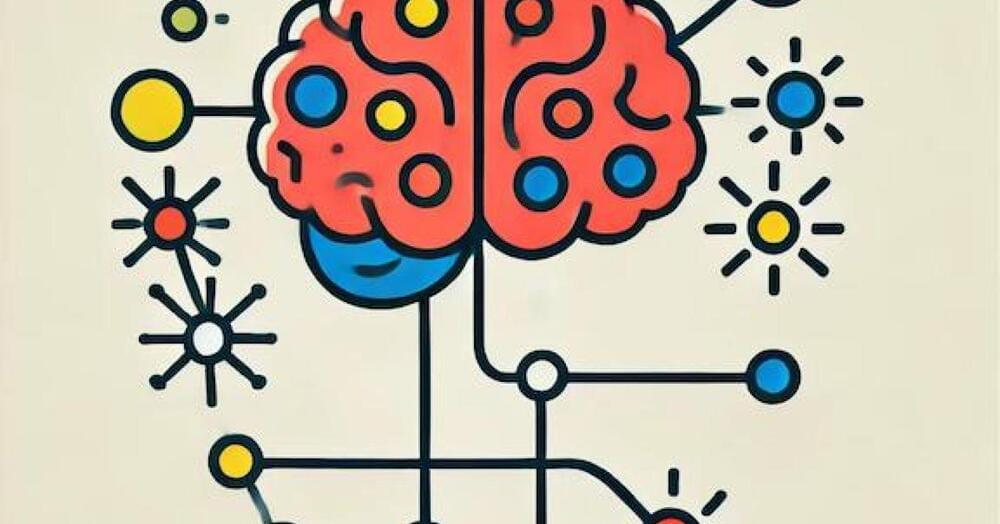Quantum computing is in all likelihood the 21st century’s great computer revolution. What is IBM doing to make the quantum dream a reality?
Get the latest international news and world events from around the world.
Meissner Effect
A permanent magnet begins to hover above a ceramic material as it cools and transitions to a superconducting state; the magnet remains aloft until the ceramic warms above a critical temperature.
The ceramic material is a 25mm disc of yttrium barium copper oxide (YBa2Cu3O7, also commonly referred to as \.

Team develops method for control over single-molecule photoswitching
The new research centers on the use of LSPs to achieve atomic-level control of chemical reactions. A team has successfully extended LSP functionality to semiconductor platforms. By using a plasmon-resonant tip in a low-temperature scanning tunneling microscope, they enabled the reversible lift-up and drop-down of single organic molecules on a silicon surface.
The LSP at the tip induces breaking and forming specific chemical bonds between the molecule and silicon, resulting in the reversible switching. The switching rate can be tuned by the tip position with exceptional precision down to 0.01 nanometer. This precise manipulation allows for reversible changes between two different molecular configurations.
An additional key aspect of this breakthrough is the tunability of the optoelectronic function through atomic-level molecular modification. The team confirmed that photoswitching is inhibited for another organic molecule, in which only one oxygen atom not bonding to silicon is substituted for a nitrogen atom. This chemical tailoring is essential for tuning the properties of single-molecule optoelectronic devices, enabling the design of components with specific functionalities and paving the way for more efficient and adaptable nano-optoelectronic systems.




Can LLMs Think Like Us?
LLMs don’t just memorize word pairs or sequences—they learn to encode abstract representations of language. These models are trained on immense amounts of text data, allowing them to infer relationships between words, phrases, and concepts in ways that extend beyond mere surface-level patterns. This is why LLMs can handle diverse contexts, respond to novel prompts, and even generate creative outputs.
In this sense, LLMs are performing a kind of machine inference. They compress linguistic information into abstract representations that allow them to generalize across contexts—similar to how the hippocampus compresses sensory and experiential data into abstract rules or principles that guide human thought.
But can LLMs really achieve the same level of inference as the human brain? Here, the gap becomes more apparent. While LLMs are impressive at predicting the next word in a sequence and generating text that often appears to be the product of thoughtful inference, their ability to truly understand or infer abstract concepts is still limited. LLMs operate on correlations and patterns rather than understanding the underlying causality or relational depth that drives human inference.


